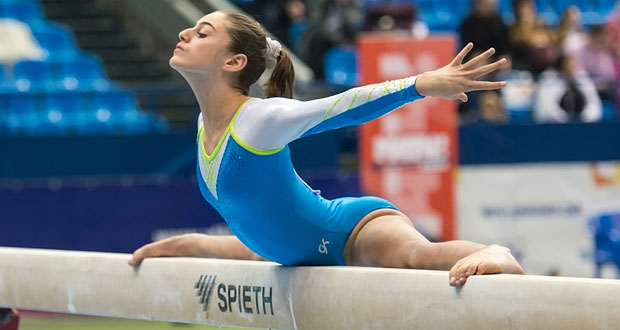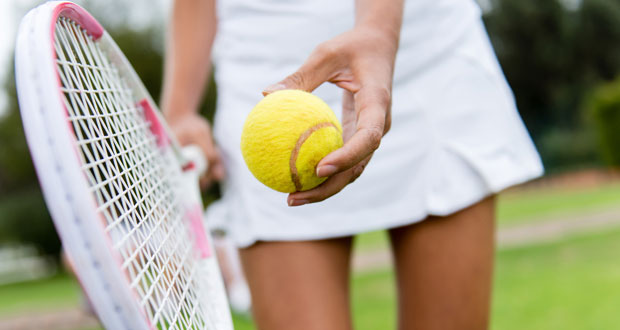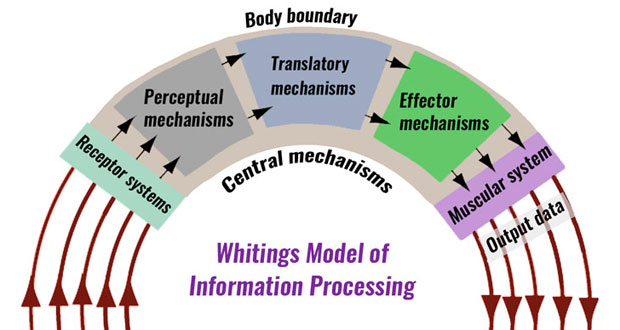This section looks at the three stages of learner and descriptions of the tasks performers are expected to do at each stage. (Equivalent to UK A Level Physical Education).
“Learning may be considered to be the more or less permanent change in performance associated with experience” Knapp (1973)
Three stages of learning have been identified:
Cognitive or Understanding Phase
- In this stage of learning, performances are inconsistent and not success is not guaranteed.
- Performing the skill requires all of the athlete’s attention and so they rely on the coach for cues.
- This is a process of trial and error with a success rate of 2 or 3 out of 10 attempts.
- Correct performances must be reinforced through external feedback.
Associative or Verbal Motor Phase
- Also known as the “practise phase”. Performances are becoming more consistent as motor programmes are being formed.
- While the simpler parts of the skill now look fluent and are well learned, the more complex elements require most of the spare attention.
- The athlete is starting to get a sense of internal ‘kinaesthetic’ feedback when they perform the skill well.
- They are starting to detect and correct their own errors and success rate has risen to 5-7 out of 10.
Autonomous or Motor Phase
- In the final stage of learning, performances have become consistent, fluid and aesthetically pleasing.
- The motor programmes involved are well learned and stored in long-term memory.
- There is now spare attention which can be focused on opponents and tactics.
- To retain the new skill at this level, it must be constantly practiced to reinforce the motor programmes. Success is now 9 out of 10.
Quizzes
[ld_quiz_list quiz_tag=”Learning”]






